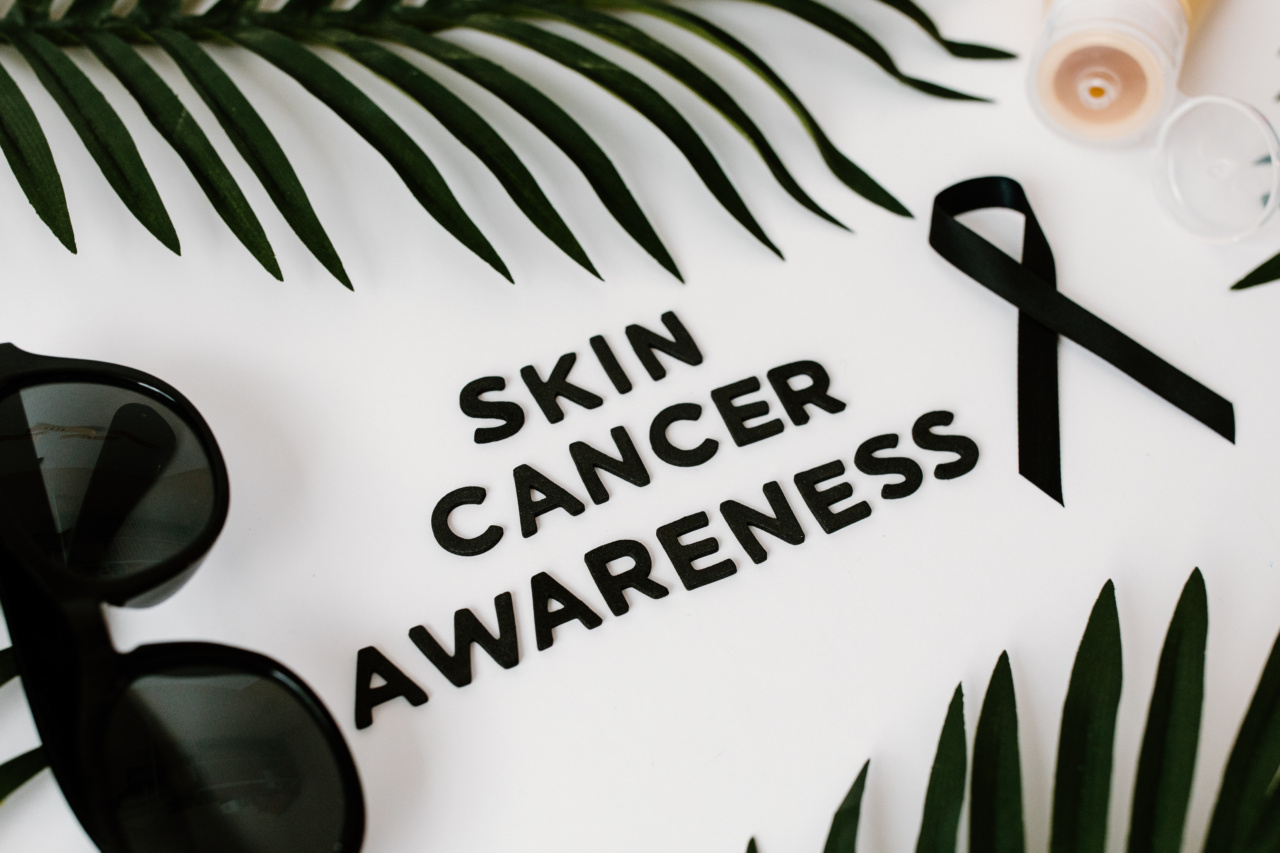Sunscreen is an essential product for protecting our skin from the harmful effects of the sun’s ultraviolet (UV) rays. Overexposure to UV radiation can lead to sunburn, premature aging, and even skin cancer.
While traditional sunscreens have been effective at reducing these risks, a groundbreaking new development in nanotechnology has led to the creation of a revolutionary nanoparticle sunscreen that offers advanced protection against cancer.
The Science behind Nanoparticle Sunscreen
Nanoparticles are extremely tiny particles that measure less than 100 nanometers in size.
In recent years, scientists have discovered that these nanoparticles exhibit unique properties that can be harnessed for various applications, including sun protection.
The key ingredient in this revolutionary sunscreen is zinc oxide or titanium dioxide nanoparticles. These nanoparticles work by absorbing and scattering the UV rays, preventing them from penetrating the skin.
Furthermore, their small size allows for easier and more even application, ensuring better coverage and protection.
Unlike traditional sunscreens, which may leave a white residue on the skin due to the larger particle size, nanoparticle sunscreens are virtually invisible when applied.
This makes them more aesthetically appealing to users and encourages regular use, which is crucial for maintaining optimal protection.
The Benefits of Nanoparticle Sunscreen
Nanoparticle sunscreen offers several key advantages over traditional sunscreens:.
1. Enhanced UV Protection
Due to their small size and unique properties, nanoparticle sunscreens provide enhanced protection against both UVA and UVB rays. UVA rays can penetrate deep into the skin, causing long-term damage, while UVB rays are primarily responsible for sunburn.
By effectively blocking both types of rays, nanoparticle sunscreens significantly reduce the risk of skin damage and cancer development.
2. Longer Lasting Protection
Nanoparticle sunscreens are designed to adhere tightly to the skin, resulting in longer lasting protection. This is particularly beneficial for individuals who engage in outdoor activities or spend extended periods in the sun.
3. Broad Spectrum Protection
One of the main advantages of nanoparticle sunscreens is their ability to provide broad-spectrum protection. They effectively block both UVA and UVB rays, ensuring comprehensive defense against the entire UV spectrum.
4. Water and Sweat Resistant
Nanoparticle sunscreens are also resistant to water and sweat, making them ideal for use during outdoor activities, swimming, or intense physical exercise. This ensures that the sunscreen remains effective even in humid environments or after swimming.
5. Skin-Friendly Formulations
Traditional sunscreens often contain chemicals that can irritate sensitive skin. However, nanoparticle sunscreens are available in gentle formulations suitable for all skin types, including those with sensitivities or allergies.
They are less likely to cause skin irritation or trigger allergic reactions.
Concerns and Controversies
Despite their numerous benefits, nanoparticle sunscreens have faced some concerns and controversies:.
1. Nanoparticle Penetration
There has been a debate regarding the ability of nanoparticles to penetrate the skin and potentially have harmful effects on the body.
However, extensive research has shown that the nanoparticles in sunscreens remain on the surface of the skin and do not enter the bloodstream.
2. Environmental Impact
While nanoparticle sunscreens are safe for human use, there are concerns about their impact on the environment, specifically aquatic life.
Research is ongoing to evaluate the potential effects of nanoparticles on marine ecosystems and develop eco-friendly alternatives.
3. Regulatory Approval
Regulatory authorities differ in terms of the guidelines and requirements for nanoparticle sunscreens. Some countries have already approved their use, while others are still evaluating their safety and efficacy.
It is essential for manufacturers to comply with the necessary regulatory standards before introducing these sunscreens to the market.
Conclusion
The development of nanoparticle sunscreens marks a significant advancement in sun protection technology.
With their enhanced UV protection, longer-lasting effectiveness, and broad-spectrum defense, these sunscreens offer advanced protection against cancer and other harmful effects of UV radiation. While concerns and controversies exist, ongoing research and continued improvements in formulation and environmental impact are paving the way for safer and more effective nanoparticle sunscreens in the future.





























